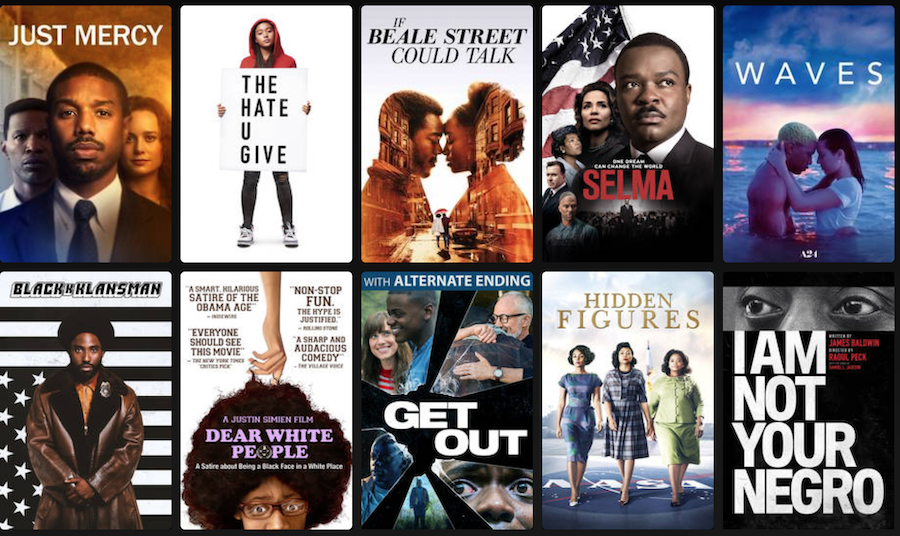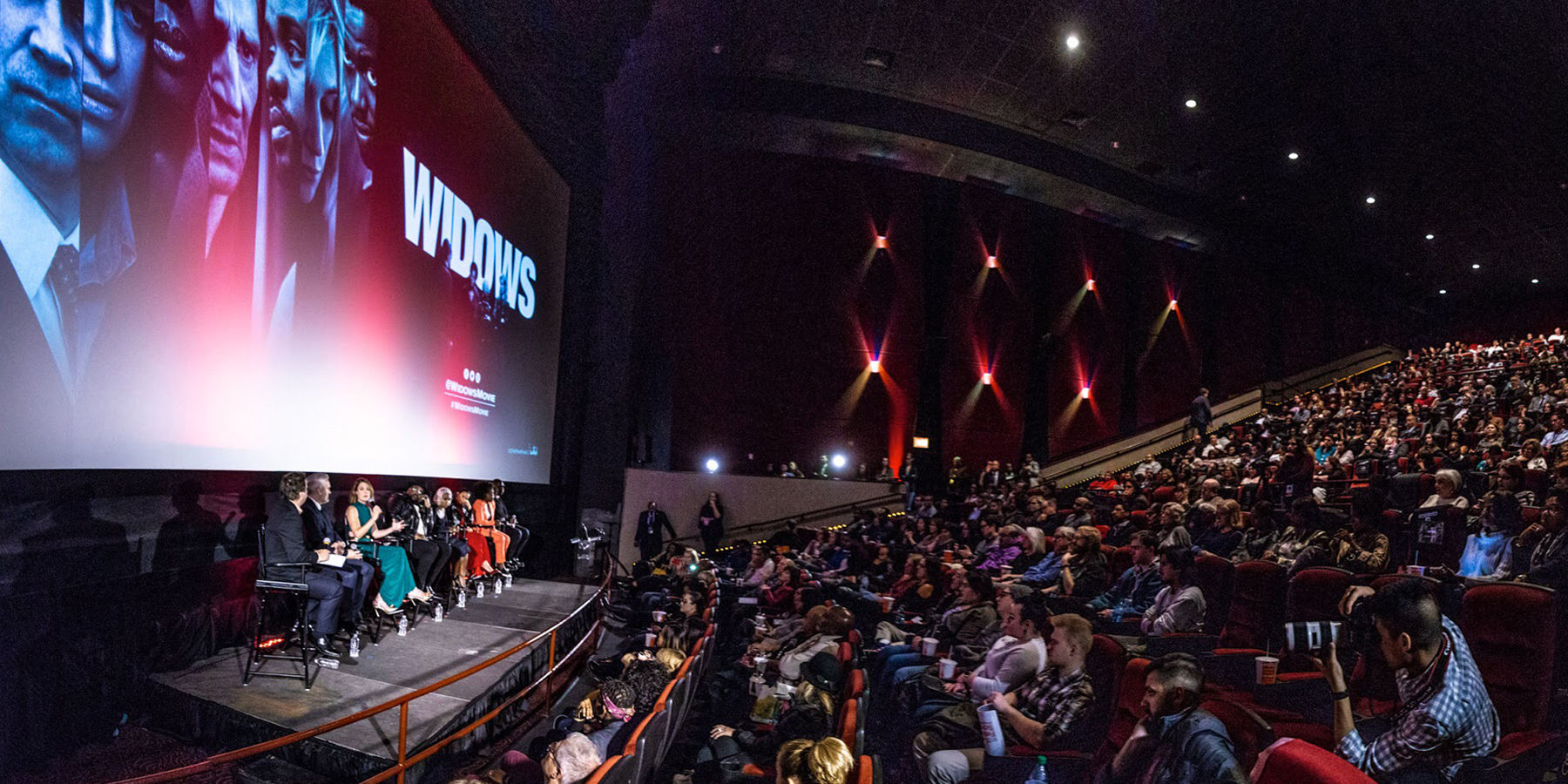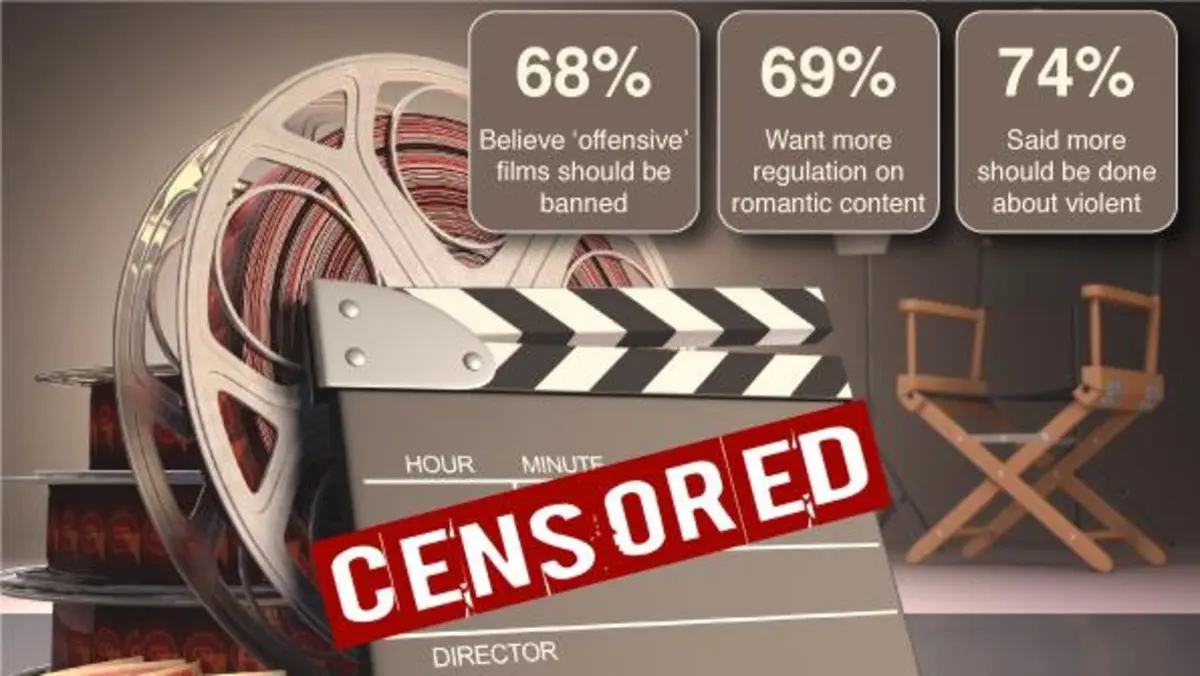Analyzing the Role of Movie Critics and Reviews in Film
Discover the significance of movie critics' role in film. Explore how reviews influence the movie industry.

The Significance of Movie Critics and Reviews in the Film Industry
The film industry has grown to be a colossal force in the world of entertainment, with millions of dollars invested in the production and distribution of movies each year. As the industry has expanded, so too has the influence of movie critics and reviews. Critics serve as a bridge between filmmakers and audiences, offering valuable insights, evaluations, and interpretations of films. In this article, we will delve into the multifaceted role of movie critics and reviews in the?film industry,?exploring their impact on filmmaking, marketing, and the overall cinematic experience.
Historical Evolution of Movie Criticism
To understand the role of?movie critics and reviews, it's essential to consider their historical evolution. Movie criticism has been around since the early days of cinema, with publications like "Variety" and "The New York Times" featuring reviews as early as the 1910s. However, the influence and reach of critics have expanded exponentially with the advent of the internet and social media platforms. Today, anyone with an internet connection can voice their opinions on films, contributing to the vast landscape of movie criticism.
The Functions of Movie Critics
- Evaluating Artistic Merit: One of the primary functions of movie critics is to assess the artistic merit of a film. They examine various aspects such as direction, screenplay, cinematography, and performances to determine the film's quality. This evaluation is invaluable for?filmmakers seeking?to refine their craft and create better movies.
- Providing Consumer Guidance: Movie reviews serve as a source of guidance for consumers. Potential viewers often rely on reviews to decide which films are worth their time and money. Positive reviews can drive audiences to theaters or streaming platforms, while negative reviews may discourage them.
- Promoting Dialogue and Analysis: Critics play a vital role in fostering dialogue and analysis around films. Through their reviews, they encourage discussions about the themes, messages, and cultural significance of movies. This discourse enriches the cinematic experience for both filmmakers and audiences.
Impact on Filmmaking
- Quality Control: Movie critics act as a form of quality control in the industry. Filmmakers are incentivized to produce better work when they know their creations will be subject to critical evaluation. This motivates them to refine their storytelling techniques, push creative boundaries, and deliver high-quality content.
- Feedback for Improvement: Constructive criticism from movie critics can be a valuable source of feedback for filmmakers. Reviews highlight strengths and weaknesses, helping directors and writers make informed decisions in future projects. This iterative process contributes to the continuous improvement of the art form.
- Influence on Awards: Film critics' reviews often influence the decision-making process of various awards ceremonies, such as the Oscars and Golden Globes. Positive reviews can propel a film to awards contention, while negative reviews may hinder its chances. Thus, critics indirectly shape the recognition and accolades that films receive.
Impact on Marketing and Box Office Performance
- Marketing Tool: Positive reviews are an essential marketing tool for movies. Filmmakers and studios often incorporate critics' quotes into promotional materials, such as posters and trailers. A film's critical acclaim can attract a broader audience and generate buzz.
- Box Office Success: Movie reviews can significantly impact a film's box office performance. Favorable reviews can lead to increased ticket sales, while negative reviews can deter potential viewers. This dynamic underscores the financial implications of critics' assessments.
- Longevity: Positive reviews can contribute to a film's longevity in the cultural consciousness. Movies that receive critical acclaim tend to have a longer shelf life, remaining relevant and cherished by audiences for years or even decades.
Diversity and Inclusivity in Criticism
In recent years, there has been a growing awareness of the need for diversity and inclusivity in movie criticism. Historically, the field has been dominated by white, male voices, leading to a lack of representation and perspective. Efforts are underway to amplify underrepresented voices, including women, people of color, and members of the LGBTQ+ community, in the world of?movie criticism. This shift towards inclusivity brings new perspectives and enriches the discourse surrounding films.
The Influence of Social Media
The rise of social media platforms has democratized movie criticism, allowing anyone to share their opinions with a global audience. Social media influencers and bloggers have gained significant followings, sometimes rivaling traditional critics in terms of reach and impact. This phenomenon has expanded the landscape of movie criticism, making it more diverse but also more fragmented.
The Critic vs. Audience Divide
A perennial debate in the film industry revolves around the divide between critics' reviews and audience reactions. It is not uncommon for a film to receive critical acclaim but face a mixed or negative reception from viewers, and vice versa. This divide underscores the subjectivity of movie criticism and the fact that different individuals bring their own perspectives and expectations to the cinema.
The Future of Movie Critics and Reviews
As we look ahead, it's evident that the landscape of movie criticism is still evolving. Several factors will continue to shape the future of this field:
- Technological Advancements: The ongoing advancement of technology will further diversify the ways in which people consume and engage with movie reviews. Virtual reality, augmented reality, and interactive platforms may provide entirely new avenues for experiencing and critiquing films.
- Influence of Algorithms: With the growth of streaming services and online platforms, algorithms are becoming increasingly influential in recommending films to viewers. These algorithms often consider user preferences and behaviors. Still, the role of human critics remains crucial in providing qualitative assessments and context that algorithms may lack.
- Expanding Diversity: The push for diversity and inclusivity in movie criticism will likely continue, leading to a more representative and equitable field. Critics from various backgrounds will bring unique perspectives and insights, enriching the discourse around films and challenging established norms.
- Hybrid Models: Some publications and websites have adopted hybrid models that combine professional critics' reviews with user-generated content and ratings. This approach offers a more comprehensive view of a film's reception and caters to a wider audience.
- Film Criticism as an Art Form: Film criticism itself may evolve into an art form. Critics may increasingly experiment with different formats, such as video essays and podcasts, to convey their thoughts and analyses. This creative approach could enhance the engagement of both cinephiles and casual viewers.
- Ethical Considerations: Ethical considerations in movie criticism, such as potential conflicts of interest or bias, will continue to be scrutinized. Maintaining transparency and ethical standards will be essential for preserving the credibility of critics and their reviews.
- Interactive and Immersive Reviews: As?technology advances,?interactive and immersive reviews could become more prevalent. Imagine experiencing a movie critic's analysis in virtual reality, walking through the sets, or hearing commentary as you watch a film. Such innovations could redefine the way we engage with movie criticism.
In the multifaceted world of the film industry, movie critics and reviews play a crucial role that extends far beyond mere opinions. They serve as evaluators, influencers, and cultural commentators, shaping the trajectory of filmmaking, marketing, and the cinematic experience. While their influence has evolved over time, their importance remains undeniably significant. As the film industry continues to evolve, so too will the role of movie critics and the ways in which their reviews impact the world of cinema.
What's Your Reaction?












